5 Terms Every Mariner Should Know Under UNCLOS
UNCLOS or the United Nation’s Convention on Laws of the Sea was formed to ensure freedom of shipping navigation at the sea. This allowed ships of one country to move safely and freely in international waters.
However, as per this law, a specific boundary or limit has been provided to each country to define the aspect of marine business and commercial activities, including all kinds of jurisdictions.

There are 5 important terms which each mariner should know under UNCLOS. They are:
1. Territorial sea
2. Contiguous zone
3. Exclusive economic zone
4. Continental shelf
5. High Sea
Territorial sea
According to UNCLOS, the territorial sea can be defined as the area which extends up to 12 nautical miles from the baseline of a country’s coastal state. The territorial sea is under the jurisdiction of that particular country; however, foreign ships (both merchant and military) ships are allowed passage through it.
This type of passage of territorial passage of foreign ships is known as an innocent passage. However, the right to the innocent passage can be suspended if there is a threat to the security of the coastal state.
The coastal state can also exercise jurisdiction if
- Any kind of activities in the territorial vessel has consequences extending to the coastal state
- There is a threat to the peace of the coastal country
- There is illicit traffic or smuggling of drug
Contiguous Zone:
The contiguous zone can be defined as the belt which extends 12 nautical miles beyond the territorial sea limit.
A coastal state’s control on this area is limited to prevention of actions which can infringe its customs, fiscal, and immigration laws. It can also act if any activity in the contiguous zone threatens regulations in the territorial sea.
It is possible that vessels carrying noxious dangerous substances or waste may be turned away on public health or environmental grounds.
Exclusive economic zone
The exclusive economic zone can be defined as a belt of water which extends up to 200 nautical miles from the baseline of the coastal state. Thus it includes both territorial sea and contiguous zone.
The exclusive economic zone provides the coastal state control over all economic resources such as fishing, mining, oil exploration, and marine research.
The coastal state also has jurisdiction regarding protection and preservation of natural resources and marine environment.
Continental Shelf
The continental shelf can be defined as the area whose outer limit shall not exceed 350 nautical miles from the baseline or shall not exceed 100 nautical miles from the 2500 meters isobath.
The coastal state has exclusive rights for exploring and exploiting its natural resources in this area. The state also has the exclusive rights to authorize and regulate drilling on the shelf for all purposes.
High Seas
High seas can be defined as the part of the sea that is not included in the exclusive economic zone, in the territorial sea, or in the internal waters of a coastal state or archipelagic waters of an archipelagic state.
High seas are open to all states for freedom of navigation, freedom of over flight, freedom to construct artificial islands installation, freedom of fishing, and freedom of scientific research.
High seas are reserved for peaceful navigation through international waters. However, regulations have been made to avoid prevention of slave trade, piracy, seizure of ships, illicit narcotics trafficking and unauthorized broadcasting.
Do you have info to share with us ? Suggest a correction
Latest Maritime law Articles You Would Like:
Latest News
- What is the Purpose of DG Shipping?
- What are Logistics Risks?
- How Port and Terminal Operators Can Control Emissions?
- Minimum Quantity Commitment (MQC) and Liquidated Damages in Container Shipping: Concept and Relevance
- MARPOL (The International Convention for Prevention of Marine Pollution For Ships): The Ultimate Guide
- The Ultimate Shipping Container Dimensions Guide
Subscribe To Our Newsletters
By subscribing, you agree to our Privacy Policy and may receive occasional deal communications; you can unsubscribe anytime.



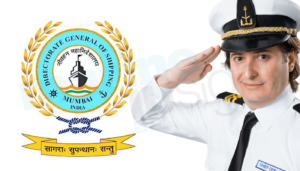
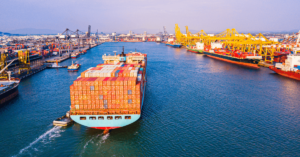
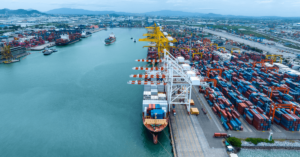
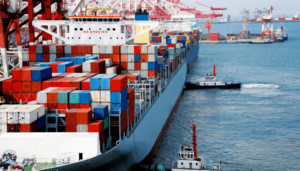
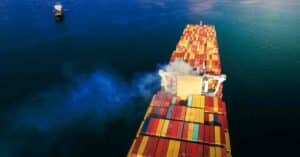
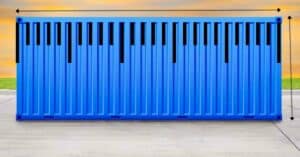

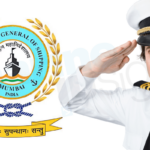
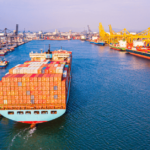
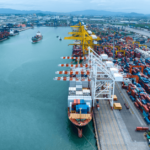
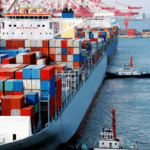
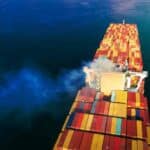
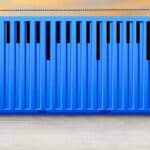
the international seabed area much more interesting, i can give some basic information
Thank you. Now the jurisdiction classification on water bodies is clear!